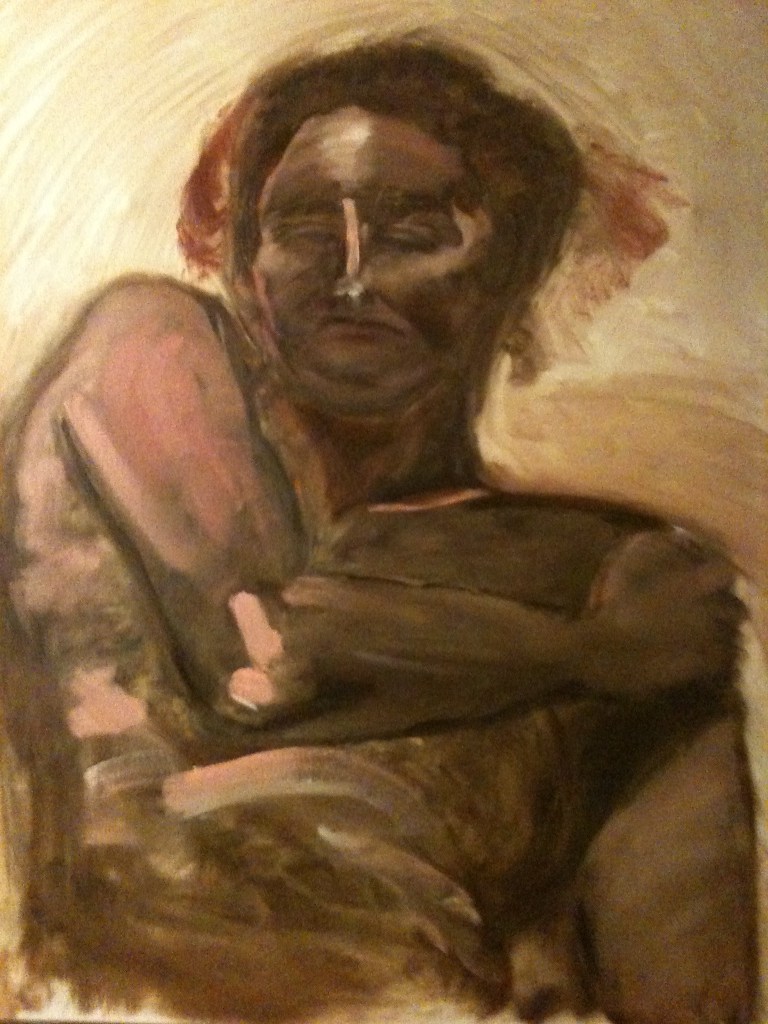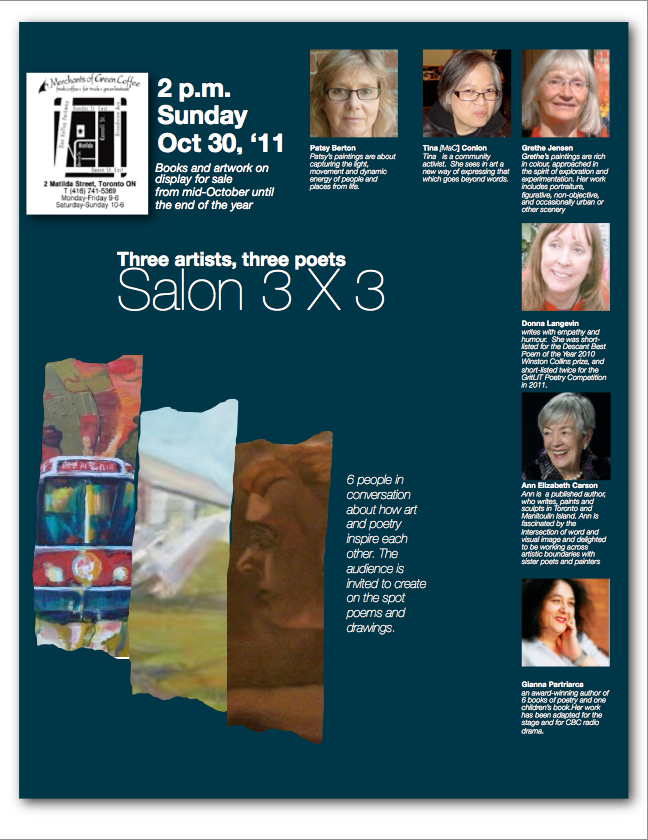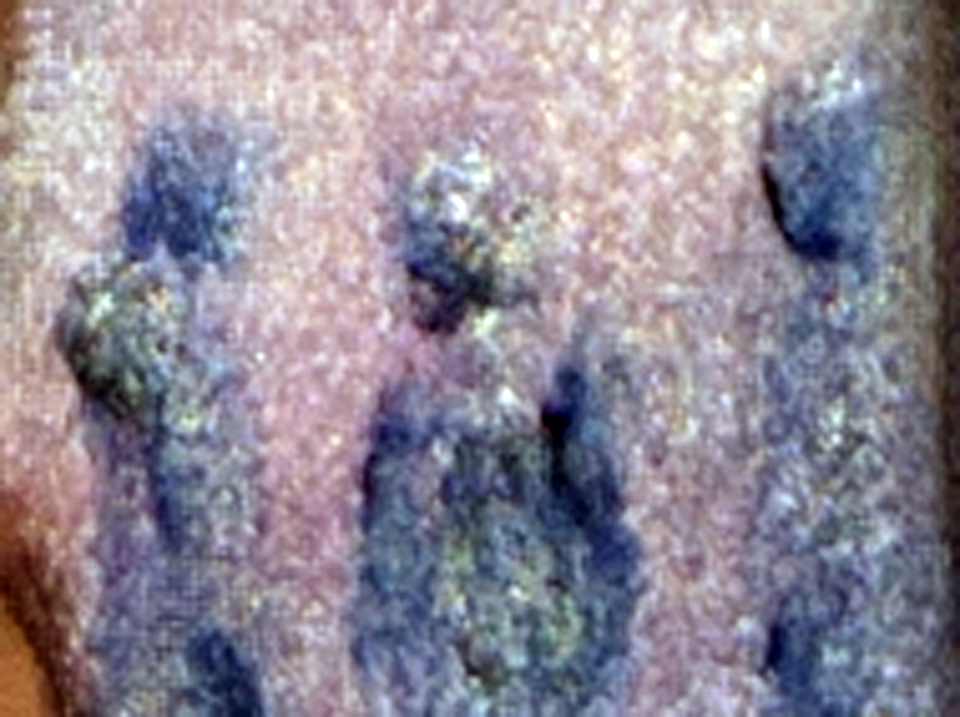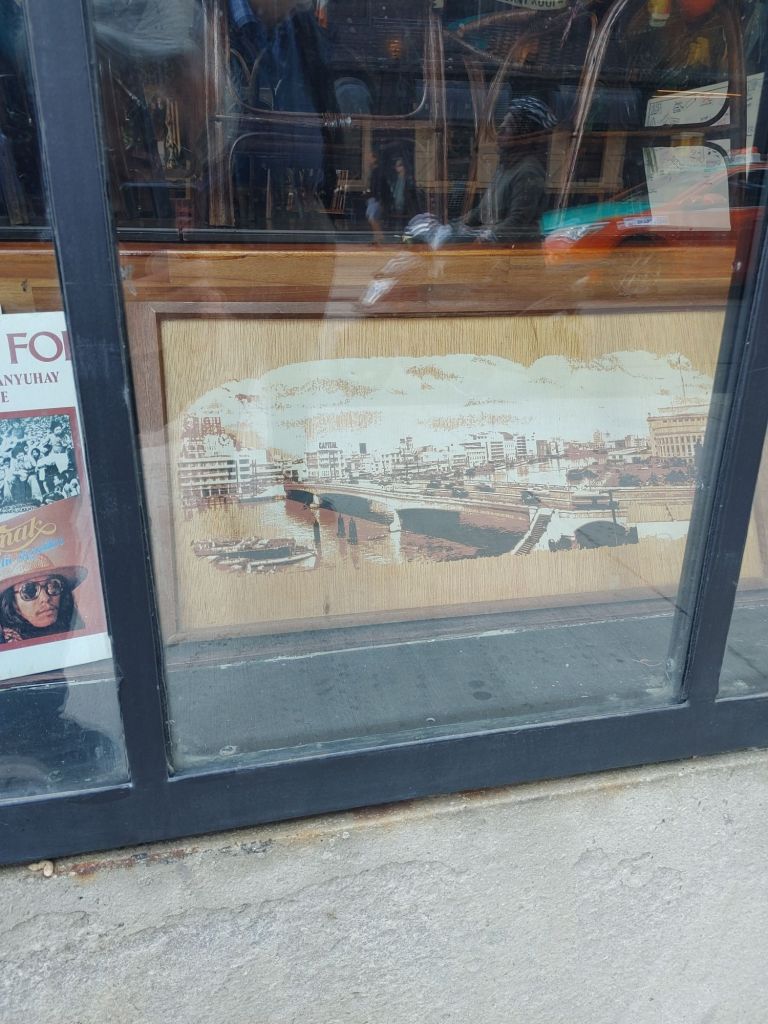The summer of 1980 was to have been the first of two summer internships required in my candidacy for ministry in the United Church of Canada. The woman who has given me hospitality to stay at her house woke me up at 2am. There was a distress call from a woman who needed to see a minister.
Locating her address on a map, I quickly dressed and realized that it was far too long for me to walk. At that time I did not drive and was too short for the bicycle that was given for my use that summer. I went to the main street and tried to hitch a ride. At 2:30am, there were hardly any cars on the road and nobody was stopping to pick me up.
A big truck up ahead was slowing down and as it stopped in front of me, I realized that it was a huge truck, with wheels that went higher than me. The driver opened the door and invited me to come up. As I was easing myself into the chair, he began asking, “Are you a squaw? Where is your papoose? Will you be my moose tonight? Which bush are we heading to?” He was laughing so hard and I was puzzled.
I looked at him and said I did not understand what he was asking but I told him who I was: a student minister responding to a distress call. Then I told him how I was told that because it was summer time, I should not expect to have a heavy load of work as most of the people in the church will be on vacation in their cottages. That was why I was also the minister on call for two additional churches in the area.
He asked what I was learning and so I began telling him how I stated visiting members from the church from a list I was given. I was startled to find a recurring story from the people I was visiting.
The family usually came from the east and found that in Alberta, they can earn in a week what they took months to earn at home. So they relocated to Alberta but because Fort Mac could not accommodate families, the man went to the work camp while the wife and children stayed in Edmonton.
The work camp was difficult, heavy work but the money was good. The men were lonely, being away from their families but the money was good and so they stayed in the camps to earn as much as they could for their family’s future. Then the entertainment caravans came. Gambling, drinking, sex workers all offered a diversion from the pain of loneliness. Soon, the money they earned was gone in a night of entertainment. Then realizing their money gone, guilt sets in. After the guilt, and looking for someone to blame, they ask, “If this happened to me because I was lonely, what was my wife doing then while I was away?” His guilt over spending the family’s future turns into anger and accusation, beatings, separation and then divorce.
I heard this story about 30 times and I was still on the letter “C” on the list. I started telling him about the Bible readings I was reading from that summer and the way that Jesus loved women in the Gospel of Luke.
Then I heard him sniffling as he stopped the truck in the intersection I was to get off. He cried and told me that I was telling his story. I stopped to hear his story and he asked me to forgive him. I told him that Jesus loved him and we prayed together before I headed down to respond to the distress call.
That Sunday, the parking lot of the church had the truck with the huge wheels. The driver who picked me up was there, then the remaining Sundays the church was full, and we were all revelling in the Gospel stories in Luke, about how Jesus loved women.
Then the elders of the church grumbled and said that the church may be full but the offering plate was nearly empty so I was asked, “And who will pay for all that coffee and all those cookies these people ate?” My supervisor then asked what I was doing with all these people and did I not know that there were happily married families in the church?
Later I saw a form for single mothers to complete in order to make them eligible to receive social assistance. It asked questions such as who the “putative” father of the child/ren is, what his weight was, when her last period was and was she offered marriage and why has she refused. We spoke out against this form, campaigned, passed petitions and talked about it. I was accused of being a Toronto feminist. When I returned to Emmanuel College, I was pleased to hear that the campaign won and overturned the offensive form for mothers to complete.
Summer 1980, Year C Lectionary Readings in Luke. While he was saying this, a woman in the crowd raised her voice and said to him, ‘Blessed is the womb that bore you and the breasts that nursed you!’ Luke 11:27. And Jesus’ response was that women need not be defined by the children they bore and brought to the world. Women are not baby machines.
Many years later, in March 2007, I watched the performance of Kurt Weill’s – Rise and Fall of the City of Mahagonny. Little did I know that Bertolt Brecht and Kurt Weill already recorded the stories I experienced from the “oil rig widows” of Alberta.
As I now also read about the stories of MMIWG, I realize how close to danger I have been and am grateful to have been cradled in the hand of God.












